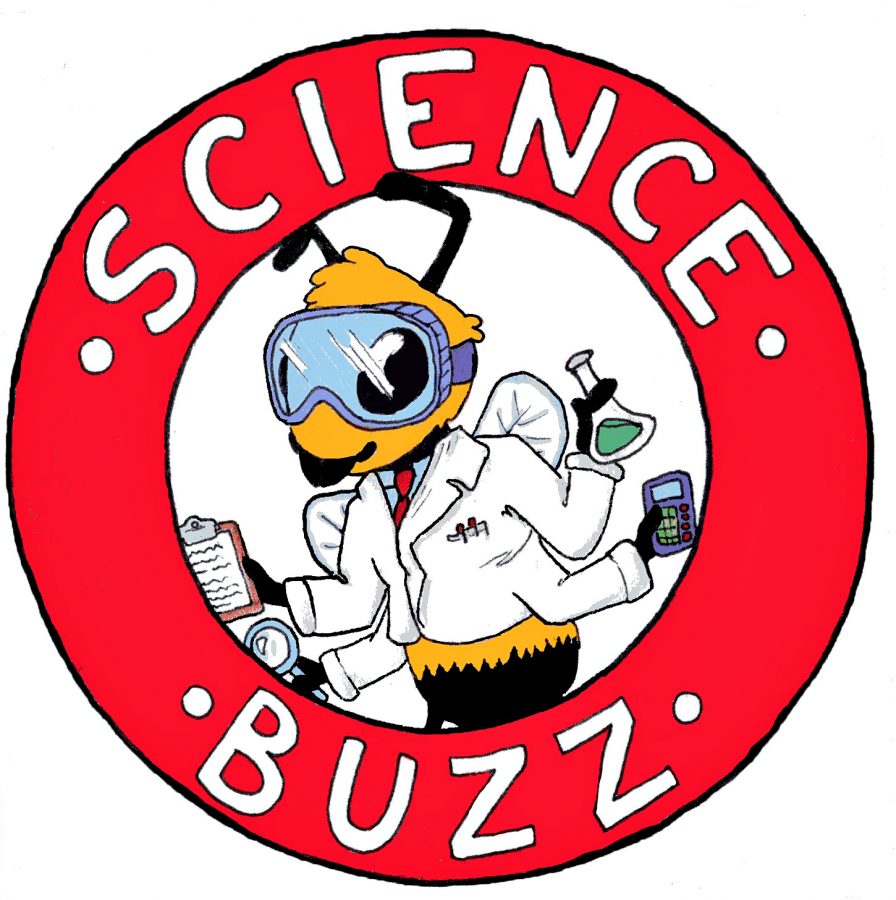Editor’s note: In this recurring column, science writer Robert Starr rounds up the previous week’s top science stories. Have a suggestion? Send a tweet to @RobertKStarr, and your link might appear in next week’s Science Buzz.
With a circumference of 17 miles, the Large Hadron Collider isn’t just the largest particle collider in the world — it’s the largest machine in the world. It’s been two years since the collider’s initial four-and-a-half-year run, but it started up again this past weekend in what the researchers deem season two. Previously, the collider made headlines by detecting the Higgs boson, a particle responsible for giving mass to other particles.
This time around, scientists hope to uncover information about dark matter, the mysterious substance which makes up 23 percent of the known universe but isn’t understood at all. Right now, the machine’s just warming up, but starting in June, the researchers plan on increasing the collider’s energy to 13 trillion electron volts — up from the previous eight — in order to accelerate protons to just under the speed of light and collide a billion of them together every second.
Will the LHC tear apart the fabric of the universe, killing us all? Probably not, but if it does, The Daily Texan will be on the scene.
How much does a free smartphone app really cost? According to a new study out of the University of Southern California, quite a bit.
On average, these apps use 16 percent more energy than their paid counterparts, lowering the battery life of your phone. They also use 22 percent more computing power, which slows the phone down, and 79 percent more network data, corresponding to about 1.7 cents every time they’re used. These frustrations lead to a decrease in average score of .003 on a five-point scale for free apps versus their paid counterparts in the Google Play Store.
So maybe it’s worth it to pay $4.99 for Words with Friends.
“It’s a boy!” the doctor says, but what exactly does that mean? Previous research has shown that there’s a period during early childhood development that defines the gender of the brain. A new study published in Nature Neuroscience shows that this isn’t necessarily the complete story. In the study, the researchers inhibited a particular enzyme — DNA methyltransferase (Dnmt) — and changed the gender of rat brains after this window of development closed. This suggests that female rats needs to continually provide this Dnmt in order to actively prevent their brains from turning male.
How did the research distinguish between masculine and feminine brains? Very simply. They looked at the rats’ mating behavior — male-brained rats tend to mount others more than female-brained ones do.
Read more about scientists making Mickeys out of Minnies.
What’s more terrifying than the fact that there’s a Texas brown tarantula? The fact that summer’s coming up and these eight-legged monsters walk even faster in warm weather. A new study compared the speeds of tarantulas at 60 degrees Fahrenheit to their speeds at 104 degrees and found that, at warmer temperatures, they traveled 2.5 times as fast.
Although the researchers thought that the spiders would move faster as a result of more coordinated leg movements, that wasn’t the case. In fact, the legs were less coordinated at the higher temperatures — the spiders just moved them more quickly. Don’t fear, however: Even at their maximum speed, the spiders travel at less than 1.25 miles per hour.
Of course, Texas brown tarantulas do make great pets.
Thanks for reading Science Buzz. Check back next Monday for more!





















